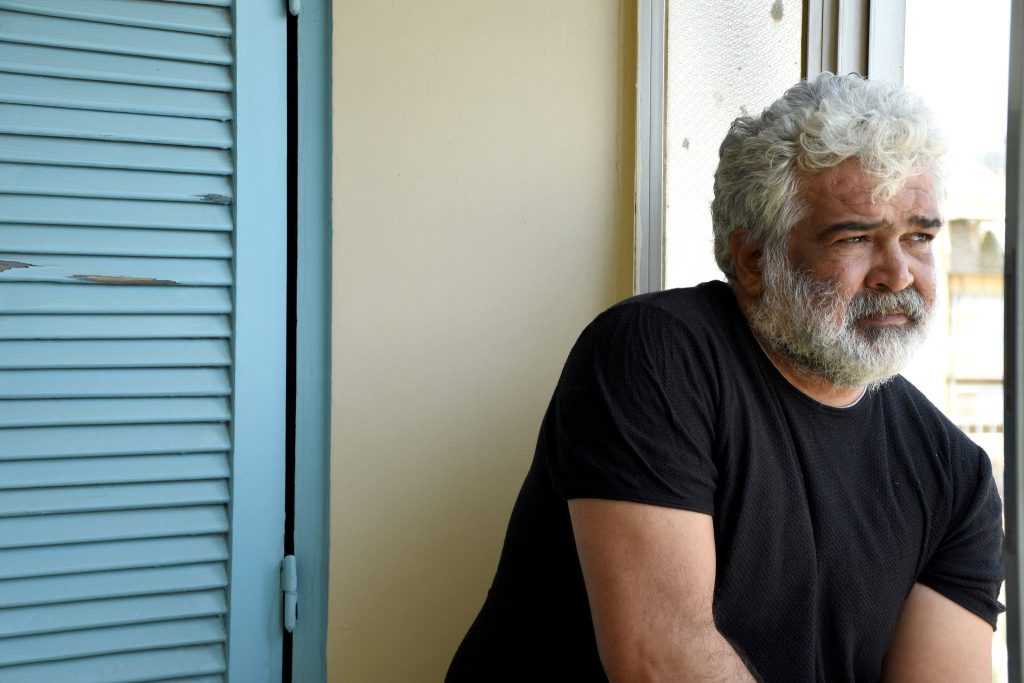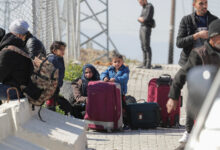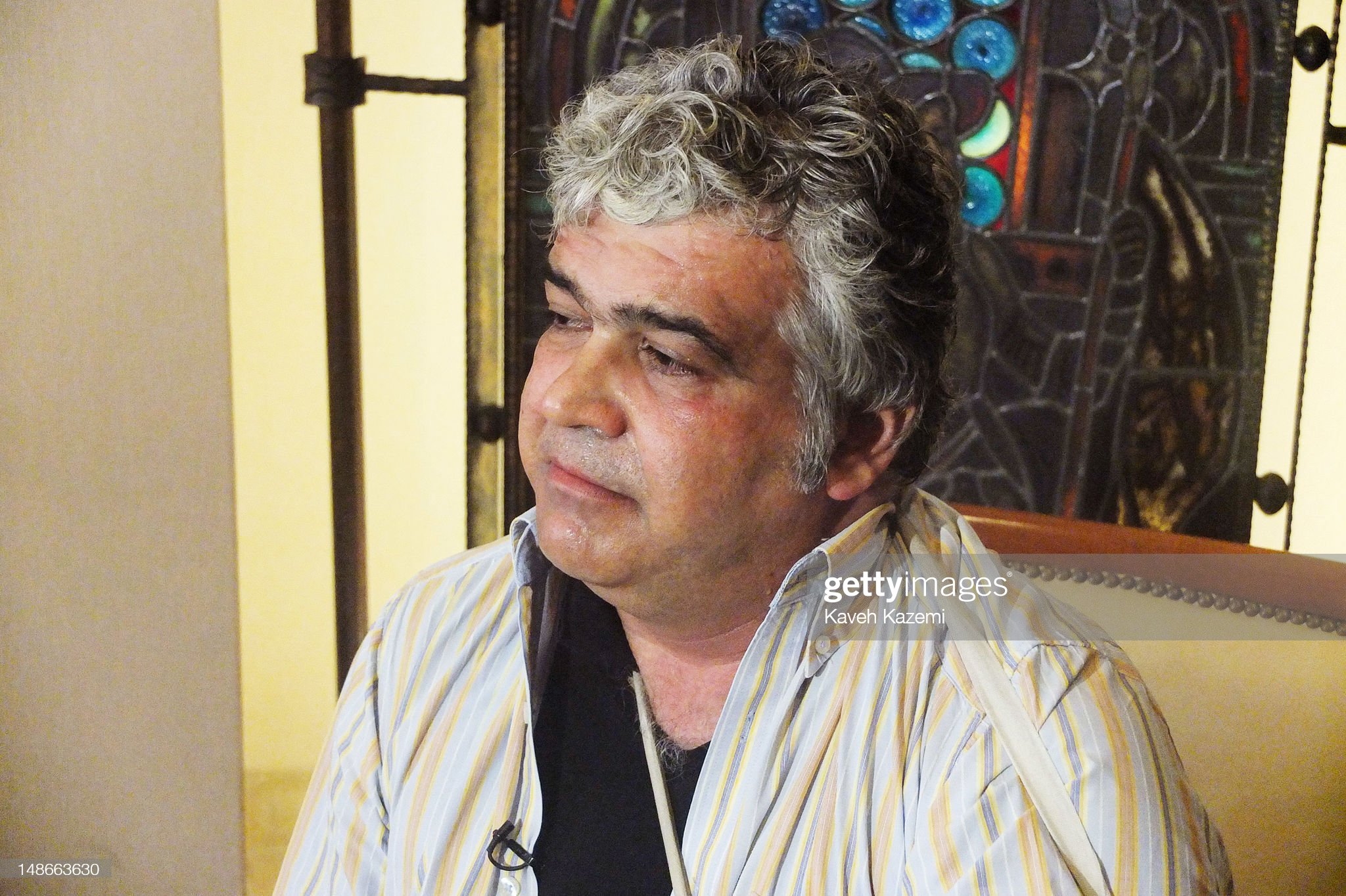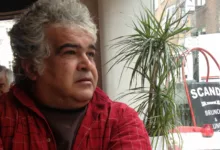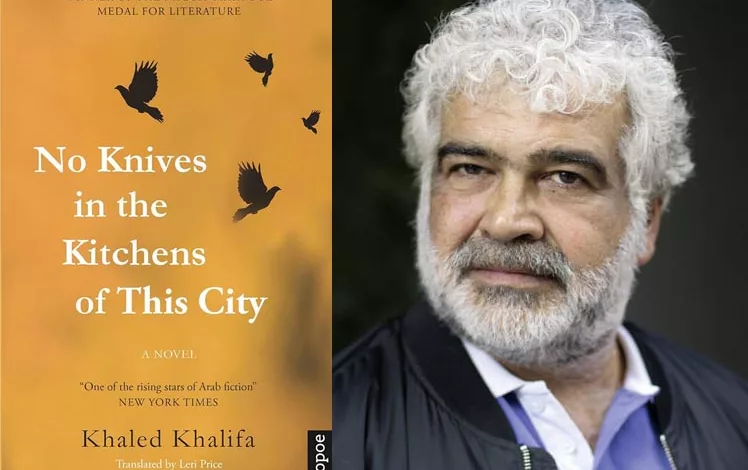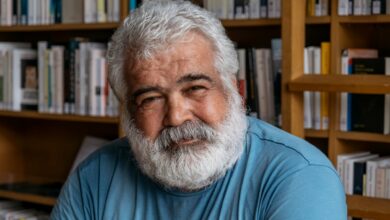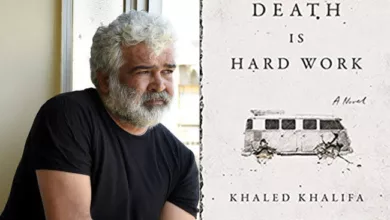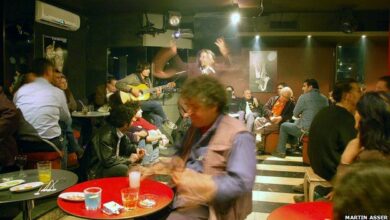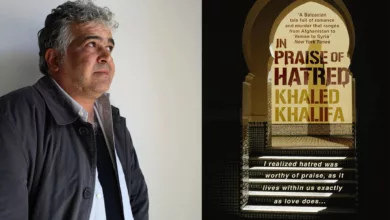Syrian novelist Khaled Khalifa died on Saturday aged 59.
The news was reportedly announced by his friend, the Syrian journalist Yaroub Aleesa, who said Khalifa was found unresponsive at his home.
“We called him repeatedly and he didn’t respond. When we went to his home, we found him dead on the sofa,” he told the Associated Press.
Khalifa was transported to Alabbassieen Hospital in Damascus where the cause of death was reportedly identified as a heart attack. The news was mourned in Arabic literary circles.
Khalifa was renowned for his literary works, which also include screenplays. These works explore the complex strands of history, culture, faith, and politics that make up contemporary Syrian society.
“Rest in peace, Khaled Khalifa, renowned Syrian author whose sudden passing fills so many of us with immense sadness. Gone far too soon, like all those we can only mourn from afar with only sad news coming from Syria,” said Syrian writer Rime Allaf on Facebook.
Sudanese novelist Leila Aboulela also paid a tribute online.
“It’s a shock to hear of the sudden death of the Syrian writer Khaled Khalifa,” she said.
“I met him only once but it was recent, in May, when he attended my event at the Literaturhaus in Zurich. He was Writer in Residence at the time. May Allah Almighty grant him forgiveness and mercy.”
Born in Aleppo in 1964, Khalifa’s literary career can be traced back to his years at the University of Aleppo where he published poems in local newspapers before turning his talent to screenplays for Syrian television dramas including Kaws Kozah (Rainbow) and Serat Al Jalali (Memoirs of Al Jalali).
Having published his first novel, Haris Al Khadi’a (The Guard of Deception) in 1993, Khalifa gained regional recognition when his fourth novel, 2006’s In Praise of Hatred was shortlisted for the International Prize for Arabic Fiction.
Over a decade in the making and following the lives of a Syrian family caught in a fraught battle between religious extremists and Syrian authorities in the 1970s and 1980s, the work was translated in various languages including English, French, Spanish and German.
The 2013 follow up La sakakin fi matabikh hadhihi al-madina, translated into English three years later under the title No Knives in the Kitchens of This City, was another achievement.
Released during Syria’s brutal civil war, the sprawling novel examines how a proud country and society seemingly lost its humanity.
Following the multigenerational lives of an Aleppo family consisting of a musician, a teacher and a villager, the work begins during the First World War and moves forward at a brooding pace towards the 1963 Baathist coup led by Hafez Al Assad, father of current leader Bashar, and the early 2000s towards the end of his rule.
No Knives in the Kitchens of This City won the 2013 Naguib Mahfouz Medal for Literature and was also shortlisted for the International Prize for Arabic Fiction in 2014. Its success saw Khalifa become an in-demand speaker at international book festivals, including Dubai’s Emirates Airline Festival of Literature in 2018.
Speaking to The National ahead of that appearance, Khalifa explained his preference to reside in Damascus, while writing about his home city of Aleppo.
“You are away, but not too far,” he said.
“You are still in the same country and you generally share the same culture. But writing the novel here gave me a wider vantage point on the city and allowed me to pick up on certain things that I perhaps may have not if I was living over there.”
For all of his novels bleak perspectives, however, Khalifa remained optimistic about Aleppo’s future.
“You need to understand Aleppo’s past,” he said.
“This is a city that went through many periods of turmoil over hundreds of years, from earthquakes to invasions. There is a resilience in the city, and that causes me a great deal of optimism.”
Khalifa also felt Syria was on the cusp of a new literary renaissance.
He predicted the country’s turmoil would inspire a new generation of Syrian authors to pen more ambitious works.
“They will come with new and innovative ideas when it comes to stories and techniques. I view that as a normal occurrence. What is happening now in Syria and parts of the Arab world is a big earthquake, but from that wreckage new life will grow,” he said.
“Many countries that experienced such situations had the nature of their arts and culture change. This is why I think the future will be bright and there will be better writers coming.”
Published on The National News here

